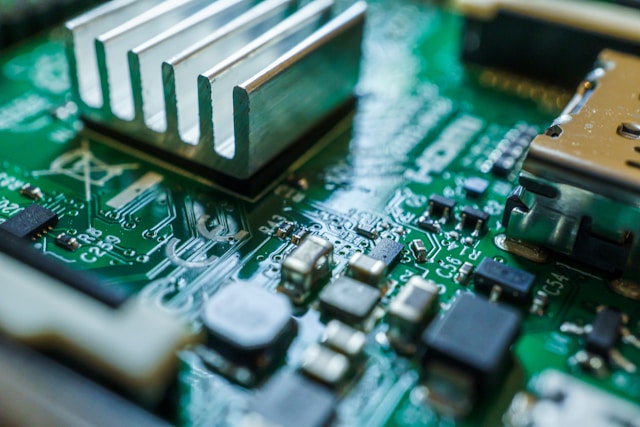The Biden administration has agreed to provide memory chip maker Micron Technology with a fund of $6.1 billion to support the firm in building factories in the states of New York and Idaho.
The investment will support the production of advanced memory computer chips through the construction of two plants. The memory chip maker plans to invest $100 billion in building a complex of chips plant in New York over the next 20 years, which also would lead to an estimated 9,000 direct jobs and 40,000 construction-related jobs. The firm also plans for a $15 billion memory chip plant in Boise, Idaho.
The Semiconductor Industry Association (SIA) reported the U.S. share of global semiconductor manufacturing capacity has dropped from 37% in 1990 to 12% in 2020. Meanwhile, other governments have offered manufacturing incentives as well as invested in research to strengthen their domestic chipmaking capabilities.
In addition, lawmakers have warned that U.S. dependence on chips manufactured in Taiwan by the world’s top contract chip manufacturer, TSMC, is also risky because China claimed the self-governed island as its territory and had the right to use force to retake it.
In an effort to catch up in the global semiconductor manufacturing race which China, Taiwan, and South Korea are currently dominating, the U.S. government recently set a goal for 20% of the world’s advanced chips to be made in the United States to reduce the risk that the chip shortages experienced could hurt the U.S. economy and national security.
The funding comes from the 2022 CHIPS and Science Act, which included $52 billion to shore up domestic production of advanced semiconductors and reduce reliance on chip supplies from China and Taiwan.
The Chips Act offers $52 billion to support the sector. Intel won $8.5 billion in grants while Taiwan’s TSMC clinched $6.6 billion to build out its American production. Samsung was followed with a $6.4 billion award to boost production in Texas.
The United States is seeking to reduce reliance on China and Taiwan and supercharge its own lagging chip production. President Joe Biden also discussed the importance of computer chips that power everything from weapons to artificial intelligence to household appliances such as refrigerators.







